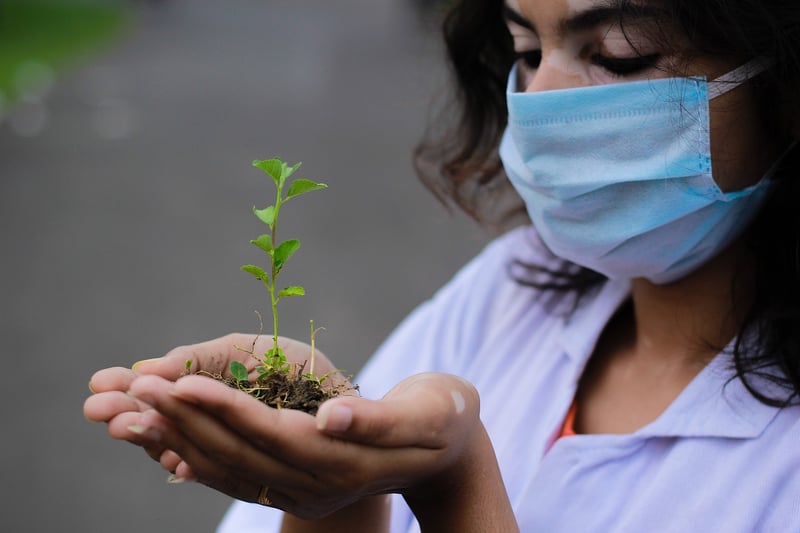Soil Health
Keep Your Garden Thriving with Healthy Soil
Having healthy soil is the foundation for a successful garden. It provides essential nutrients for plants, improves water retention, and supports beneficial microorganisms. Here are some tips to help you maintain soil health and keep your garden thriving:
1. Test Your Soil
Before planting, it's essential to test your soil to determine its pH level and nutrient content. This information will help you make informed decisions about which plants to grow and what amendments may be needed.
2. Add Organic Matter
Organic matter, such as compost, manure, or leaf mulch, is beneficial for soil health. It improves soil structure, provides nutrients, and enhances microbial activity. Add organic matter regularly to enrich your soil.
3. Rotate Crops
Rotating crops helps prevent soil depletion and nutrient imbalances. Different plants have varying nutrient needs, so rotating them can maintain soil fertility and reduce the risk of pests and diseases.
4. Mulch Your Garden
Applying mulch to your garden helps retain moisture, suppress weeds, and regulate soil temperature. Organic mulches like straw, wood chips, or grass clippings also break down over time, adding nutrients to the soil.
5. Avoid Compaction
Avoid walking or working in your garden when the soil is wet to prevent compaction. Compacted soil restricts root growth and reduces water infiltration. Use raised beds or designated paths to minimize soil compaction.
6. Practice No-Till Gardening
No-till gardening minimizes soil disturbance, preserving its structure and beneficial organisms. Tilling can disrupt the soil ecosystem, leading to nutrient loss and compaction. Instead, use mulch and hand tools for weed control.

By following these tips and prioritizing soil health, you can create a thriving garden that produces vibrant, healthy plants. Remember, healthy soil leads to healthy plants!
For more gardening tips and tricks, check out our gardening resources section.
